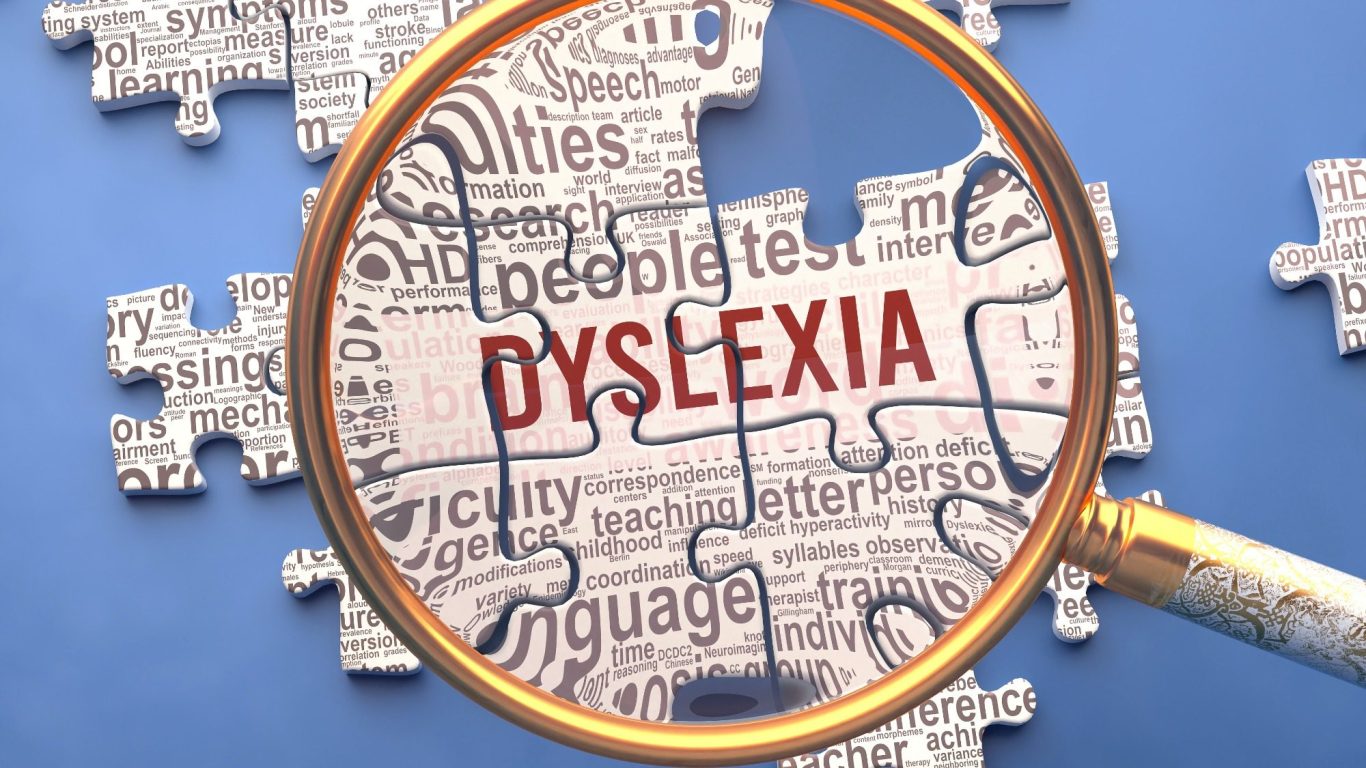What is dyslexia?
Dyslexia is a specific learning difficulty which primarily affects reading, writing and spelling skills. However, as it involves information processing, dyslexia can affect the ability to process and remember information. This can have an impact on learning and the acquisition of literacy skills as well as other areas such as organisational skills.
There is no connection between dyslexia and intelligence. Dyslexia occurs across the range of intellectual abilities.
There are positives to being able to think differently. Many dyslexics have excellent reasoning and creative skills which makes them great problem solvers. For these reasons, some organisations actively recruit dyslexic thinkers.

The Delphi Definition of Dyslexia
A new definition of Dyslexia, known as the Delphi Definition, was published in 2025.
Dyslexia is a set of processing difficulties that affect the acquisition of reading and spelling.
In dyslexia, some or all aspects of literacy attainment are weak in relation to age, standard teaching and instruction, and level of other attainments.
Across all languages, difficulties in reading fluency and spelling are key markers of dyslexia.
Dyslexic difficulties exist on a continuum and can be experienced to various degrees of severity.
The nature and developmental trajectory of dyslexia depends on multiple genetic and environmental influences.
Dyslexia can affect the acquisition of other skills, such as mathematics, reading comprehension or learning another language.
The most commonly observed cognitive impairment in dyslexia is a difficulty in phonological processing (i.e. in phonological awareness, phonological processing speed or phonological memory). However, phonological difficulties do not fully explain the variability that is observed.
Working memory, processing speed and orthographic skills can contribute to the impact of dyslexia.
Dyslexia frequently co-occurs with one or more other developmental difficulties, including developmental language disorder, dyscalculia, ADHD, and developmental coordination disorder.


